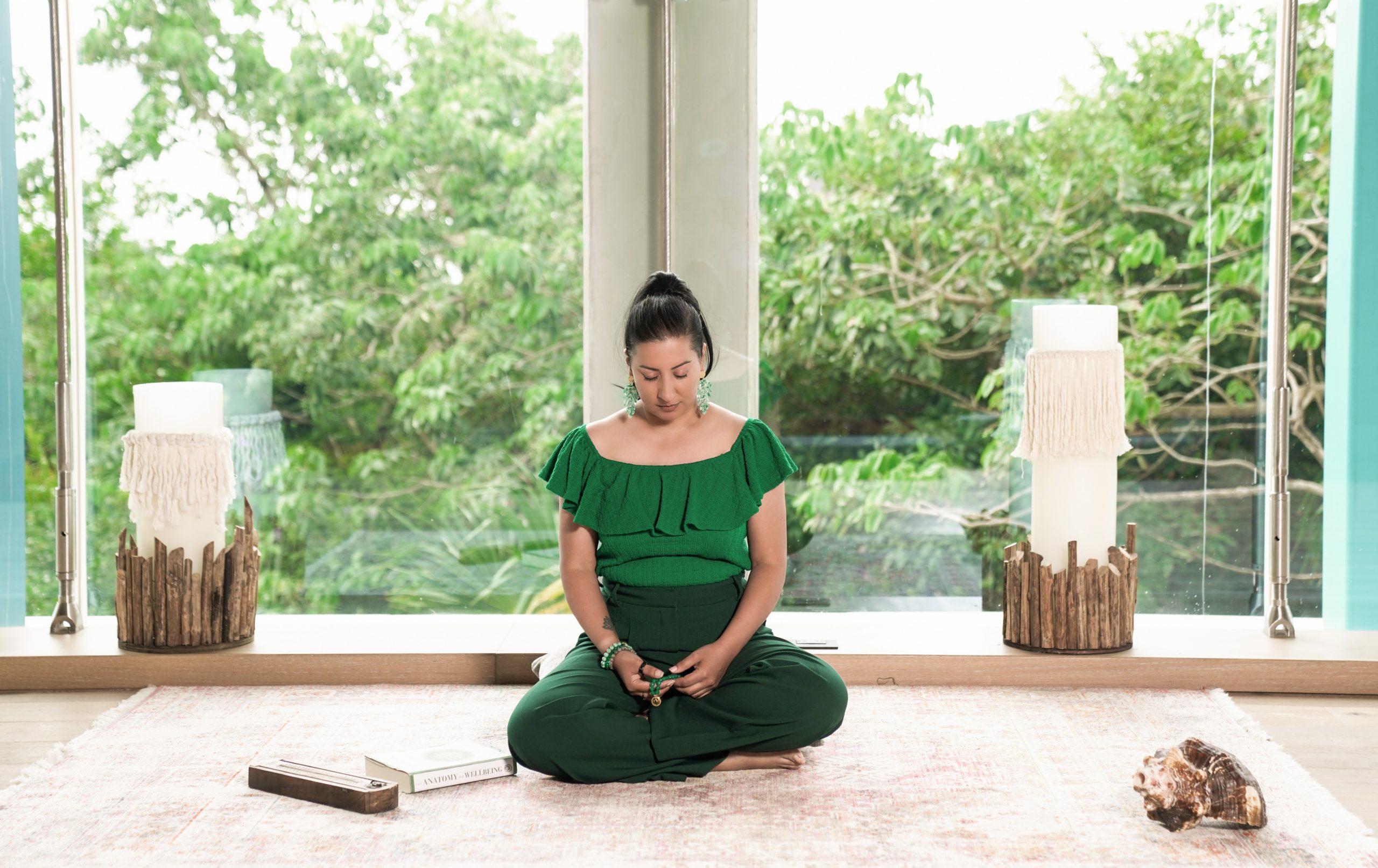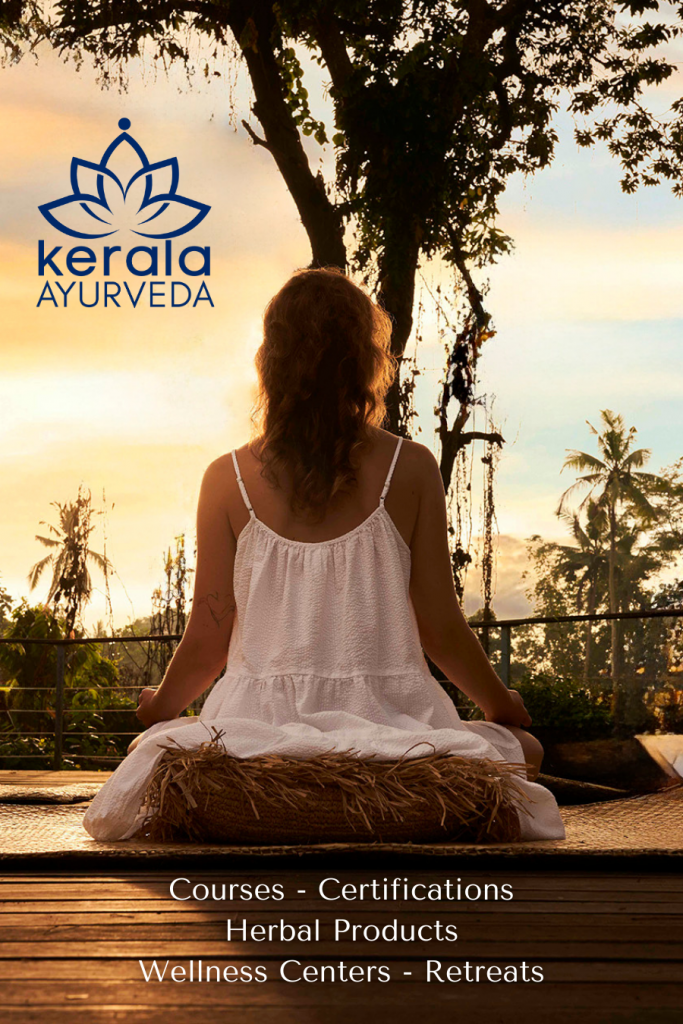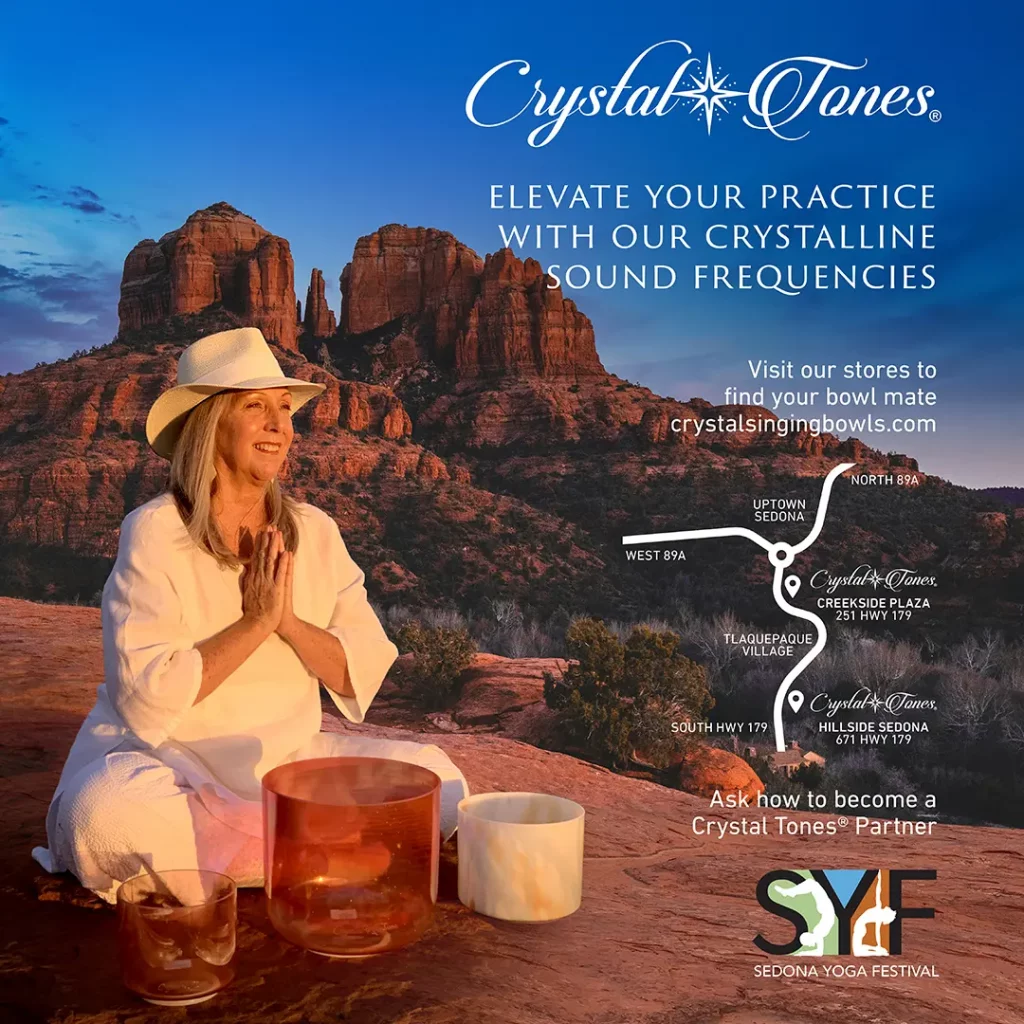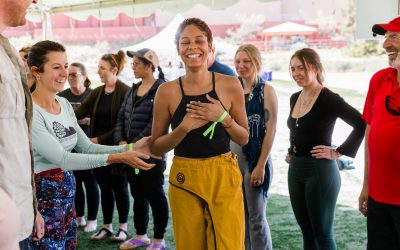From the moment I entered the room, it was buzzing like a swarm of bees, with an energy in the air that seemed about to erupt. This was the energy of two hundred human bodies and trillions of cells, synchronized to a vibration I believe could be felt even in the deepest oceans. We gathered for a weekend of connection and learning, old friends and new, all united by the desire to heal the world. Yet, in the midst of this gathering, a common theme emerged that is best characterized as a caged bird. “The caged bird fluttered its wings, trying to fly, but with each flutter, the wing smashed against the cage walls; as she continued to bang the walls, the exhaustion overcame her, and the door finally opened. Her last ounce of energy was devoted to flying through the open door and feeling the freedom to heal, breathe, and follow her intuition.” This is what it’s like to be a physician in healthcare today. It is becoming increasingly difficult for us to keep our wings free of the cage in which we are restricted. So let me tell you, if you feel like a caged bird without a purpose, let me open your cage door for you. I’d like to extend you an invitation to my family, to my community, which is embracing a new healing paradigm.
What is a ritual?
A ritual is a set of actions or behaviors you repeat in the same way with a specific purpose, a great deal of self-awareness, and intention. Rituals can be as simple as washing your hands before eating or brushing your teeth at night, but they can also be more complex, like cooking an elaborate meal for your family on Sunday nights (or any other day of the week). Rituals have power because they give us structure in our lives; they provide us with something to look forward to each day—a moment when we know exactly what’s going on around us, who we’re with, and what they’ll say next. When we don’t have this predictability in our lives, it can make us feel anxious or scared because there are no clear boundaries between ourselves and others; therefore, creating rituals helps us feel safe by giving us boundaries within which we operate in addition to assisting people in coping with stressors such as illness or loss during times of crisis by providing comfort through familiarity (i.,e., using familiar foods). Rituals also allow individuals experiencing stressful situations such as trauma-related disorders (e.,g., PTSD) to maintain a sense of control in their lives. “When we set aside time to meditate, practice yoga, or engage in other self-care activities, we’re strengthening our minds and bodies, and initiating #CellCare,” says Dr. Monisha Bhanote, founder of WELLKULÅ. Dr. Bhanote’s approach to health care is about more than just treating symptoms; it’s about treating the whole person. The goal is to support people as they transition from unhealthy lifestyles to healthy ones by incorporating an integrative lifestyle into the daily rhythms of their life. Integrative lifestyle medicine is a relatively new field of study within Western medicine, but its origins go back thousands of years—and many cultures have long been using rituals as tools for healing both physical ailments and mental wellbeing issues like stress, anxiety, and depression With this new paradigm in mind, Dr. Monisha Bhanote shares some simple steps she takes with her patients whenever possible. This means supporting them with changes in diet, exercise, and sleep habits; working with them through medical conditions (such as diabetes or high blood pressure) that can be managed with diet and lifestyle changes alone; and providing support during times of stress or anxiety so they don’t fall back into old patterns of behavior that are harmful to their health. The practice of Ayurveda has always been holistic – that is, it views the body as a whole rather than focusing on individual parts. By addressing all aspects of your health at once – mind, body, and spirit – you’re more likely to achieve lasting results than treating just one symptom at a time. Our ultimate goal is and should be to prevent further deterioration of the body’s ecosystem by improving cellular health.
In this way, she says, “You become an active participant in your healing.”
Dr. Bhanote believes that you can take control of your health. She says that you are the most important part of your healing process, and by making changes now, you can prevent the disease from occurring later in life. “It’s never too late to start making changes,” she says. “You don’t need a diagnosis or even an illness to benefit from these practices.” In this way, she says, “You become an active participant in your healing.”
There are many ways to strengthen your mind and body — you may be surprised by some!
How your cells function and, ultimately, how your body supports you can be affected by each of these lifestyle practices. Aside from strengthening your body, exercise has been shown to lower blood pressure and reduce inflammation in people with chronic conditions such as diabetes and heart disease. Meditation can help people with chronic pain manage stress, improving sleep quality and reducing pain levels. Yoga combines meditation and physical exercise into one activity – perfect for those who want an all-around mind-body boost! And bonus: yoga has been shown to improve moods by reducing depression symptoms among people who suffer from depression or anxiety disorders (but don’t worry if you haven’t tried it yet – there are many other ways to incorporate healing into your rituals). The bottom line? You don’t have to look far to find the benefits of a healthy lifestyle. Regular exercise, meditation, and sleep help your body stay strong and fight disease. But they also improve your mood and mental health by helping you manage stress more effectively. Try incorporating some of these practices into your daily rhythms to improve your health.
#CellCare is self-care.
We are living in a time when people are seeking healing. Whether physical or mental, we have an innate desire to feel better. The good news is that there are ways to do this, and they don’t require expensive visits to the doctor or therapist! I hope that if you have ever needed to heal, you have had the opportunity to experience the healing power of ritual. Learn with Dr. Bhanote in person at our 10-year anniversary celebration April 27–30! Passes available here.














